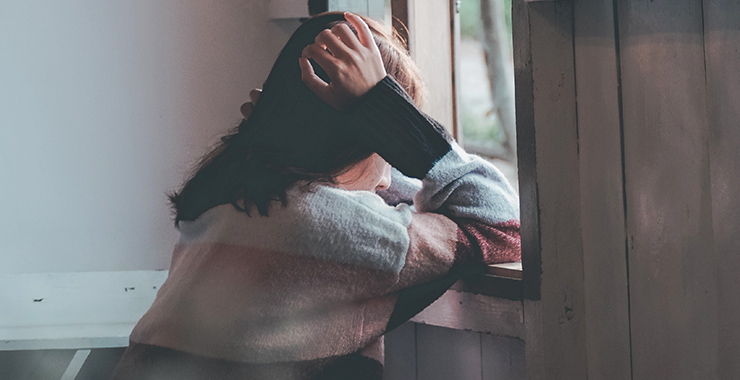Lonely adults aged 50 and over reported an average of two worsening depressive and other mental health symptoms during the COVID-19 lockdown, a new study suggests.
They study indicated that a decrease in physical activity since the start of the pandemic was associated with worsening symptoms of depression and anxiety during the pandemic.
“We found that during lockdown, loneliness and decreased physical activity were associated with more symptoms of poor mental health, especially depression,” researcher Byron Creese from the University of Exeter, said in a statement.
For the study, the researchers involved more than 3,000 participants.
According to the researchers, loneliness emerged as a key factor linked to worsening symptoms of depression and anxiety in a study of people aged 50 or over.
The study found that before the pandemic, lonely people would report an average of two symptoms of depression for at least several days over the previous last two weeks.
During the lockdown, lonely people reported either an increase in frequency of depressive symptoms, to more than half the days in the two week period, or a new symptom for at least several days in that timeframe.
In people who were not lonely, levels of depressive symptoms were unaffected.
“Even before the pandemic, loneliness and physical activity levels were a huge issue in society, particularly among older people,” Creese said.
“It’s now crucial that we build on this data to find new ways to mitigate risk of worsening mental health during the pandemic,” Creese added.
IANS
